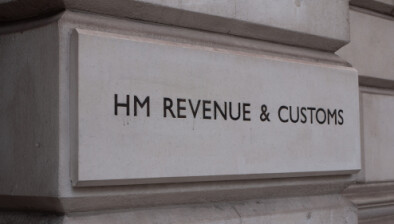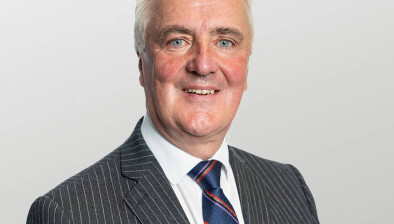UK mortgage approvals fall for third month despite March sales surge

Mortgage approvals for UK homebuyers fell for the third consecutive month in March, signalling a potential market slowdown, according to the Bank of England.
Falling by 800, approximately 64,300 mortgages for house purchases were approved – a key indicator of future borrowing activity.
Despite the dip in approvals, separate figures from HMRC revealed that actual house sales more than doubled in March compared to the same month last year, reaching an estimated 177,370 transactions. Analysts attribute this seeming contradiction to the market returning to normal after the stamp duty holiday deadline passed, combined with wider economic uncertainty potentially dampening new mortgage activity. Approvals for remortgaging saw a slight increase.
Karim Haji, global and UK head of financial services at KPMG, said: “The second consecutive fall in borrowing this year suggests that the financial struggles of some households may be starting to ease, supported by a lower-than-expected drop in headline inflation.
“While households are facing higher energy bills, ongoing global trade tensions have contributed to a notable drop in energy prices, which could see the Ofgem price cap considerably reduced in Q3. Oil prices have also fallen, which may offer motorists some financial respite in the coming months.
“But geopolitical tensions continue to cast widespread uncertainty over the economic outlook. In addition, the upcoming cuts to welfare spending and ongoing affordability challenges mean there are difficult months ahead for many households.”
He added: “Another dip in mortgage approvals underscores the affordability challenges many are facing, particularly against lower-than-expected headline inflation, an unchanged base rate and incentives to rush through mortgage deals ahead of April’s stamp duty increase.”
In other household finance trends, the annual growth rate of consumer credit slowed to 6.1% in March, down from 6.4% in February, with credit card borrowing growth also cooling. This may reflect growing caution among consumers, although borrowing levels remain significant.
Household deposits with banks and building societies increased by £7.4 billion in March, bolstered by £4.2bn flowing into ISAs near the tax year end.
UK businesses borrowed a net £1.8 billion in March. The annual growth rate of borrowing increased for large corporations but remained negative, albeit improving slightly, for small and medium-sized enterprises (SMEs).







